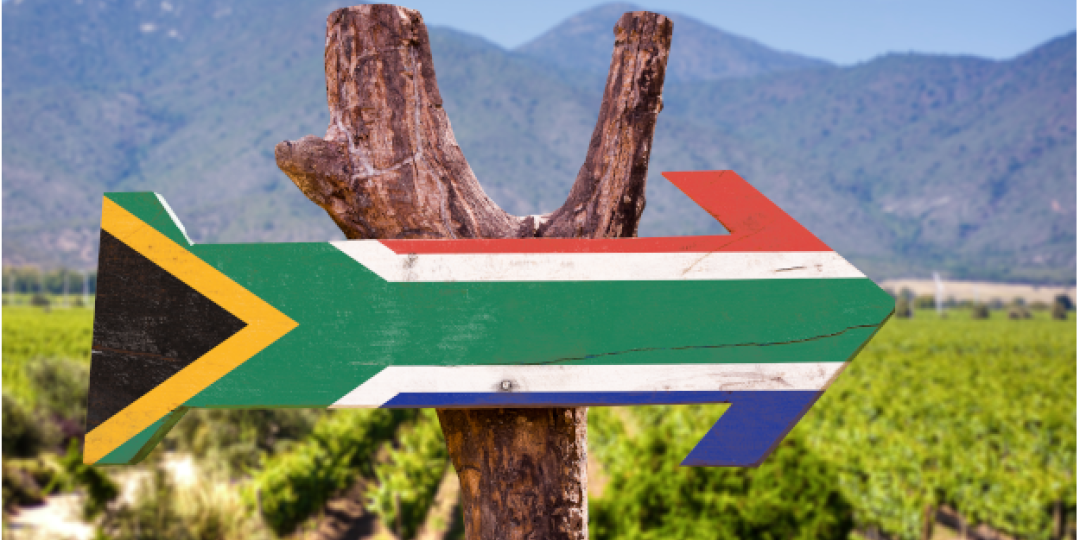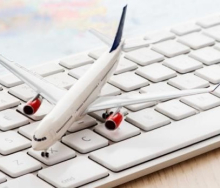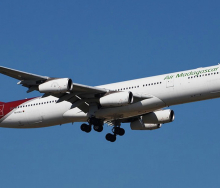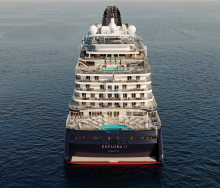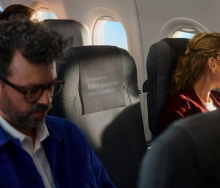Domestic tourism – which provided a much-needed revenue boost during the COVID-induced lockdowns – is now seen as a key source market to decrease SA’s reliance on international travellers, especially during off-season, and according to the TBCSA comprised a market worth R99,9 billion in 2022.
“Travel restrictions imposed on cross-border movement restricted the ability of South Africans to venture abroad. As a result, travellers had to seek out local holidays and explore their own backyards. There was a renewed interest in what South Africa had to offer and many domestic travellers went on a journey of discovery, uncovering the abundance of natural and cultural assets we have around us, in addition to world-class tourism products and services,” Rosemary Anderson, National Chairperson of FEDHASA told Travel News.
Domestic tourism has seen a resurgence, with a 30,8% increase in domestic overnight trips during the first four months of 2023, compared with 2022. Although the average length of stay has decreased by 7,1% to 2,6 nights, domestic tourists are taking more frequent trips.
Overall, domestic travel is up 41% from last year, while domestic expenditure rose by 19,7% compared with 2022.
Day trips have also experienced a significant boost, with a 16,2% increase in the number of trips taken from January to April 2023 compared with the same period in 2022.
TBCSA Chairperson, Blacky Komani, also indicated that the country had recorded about 34 million domestic trips last year, which, in terms of spending, added up to about R99,9bn.
“Domestic tourism is the bedrock of our industry. It serves as the heartbeat that sustains our hospitality sector, supporting local businesses, and generating employment opportunities for our people. When we choose to explore our own land, we not only discover the breath-taking landscapes and connect through the vibrant cultures that define us, but we also contribute significantly to our nation’s economic prosperity,” said South African Minister of Tourism, Patricia de Lille.
Benefits and opportunities
Madri van der Westhuizen, Social Media Manager at ANEW Hotels & Resorts told Travel News that the benefits of domestic tourism effectively alleviated the strain of seasonal fluctuations.
“By enticing local travellers to explore their own country, ANEW can achieve a more evenly distributed occupancy rate throughout the year, reducing the undue pressure imposed by peak tourist seasons. This not only ensures a steadier and more sustainable operation, but also diminishes the risks associated with over-reliance on seasonal demand, leading to a more consistent and reliable business model,” she said.
Van der Westhuizen added that domestic tourism offered a strong avenue for uplifting local communities.
“The ability of travellers to explore their own country not only fuels economic growth, but also channels resources directly into communities, enriching lives and stimulating sustainable development.”
She noted that the challenge of reconciling elevated expectations with budget constraints presented a unique opportunity for hotels to establish a distinct market presence.
“Domestic travellers, though seeking exceptional experiences, are often constrained by financial considerations. This dynamic encourages hotels to be innovative, crafting value-driven luxury that is underpinned by impeccable service.”
By focusing on service excellence, hotels could enhance the guest experience without inflating costs, said Van der Westhuizen.
“This strategic alignment between quality service and budget-conscious offerings allows hotels to stand out amidst competition, building a reputation for delivering remarkable value. In this way, the challenge of harmonising high expectations and limited budgets evolves into a means for hotels to shine, proving that exceptional service is accessible to all seeking unforgettable getaways, and capitalising on the consumers' willingness to invest in remarkable experiences.”
Challenges
Anderson agreed that the pricing in the domestic market was quite high, as suppliers needed to cover increased costs to protect their bottom line, which was already under severe pressure.
“This is a direct result of factors outside our control, such as load shedding, municipal issues such as the distribution of electricity and an inconsistent water supply in certain areas. Water and energy are vital to the sector and essential components of the guest experience. As a result, hospitality businesses are having to invest in alternative solutions which they may not have budgeted for, placing enormous pressure on already strained margins and impacting the bottom line.”
Although power shortages continue to impact hospitality businesses, there are ways to negate that by optimising energy solutions.
Anderson also said that external factors such as poor road conditions, crime, municipal infrastructure decay, inadequate maintenance, as well as sewage pollution in the country’s coastal and waterfront areas, adversely affect hospitality businesses.
Trends
She further revealed that one key trend that stood out in the domestic market was the shift from B&Bs, guest houses and self-catering options to hotels.
“This shift is resultant of the competitive pricing offered by hotels, inclusive of value-adds during the pandemic. This has dispelled the notion that hotels are beyond one's financial reach, making a hotel stay accessible to the market.”
She concluded that four- and five-star hotels had rebounded faster than two- and three-star products, and that campsites and resorts outside city hubs had faced a more gradual recovery, lagging behind other accommodation product offerings.
